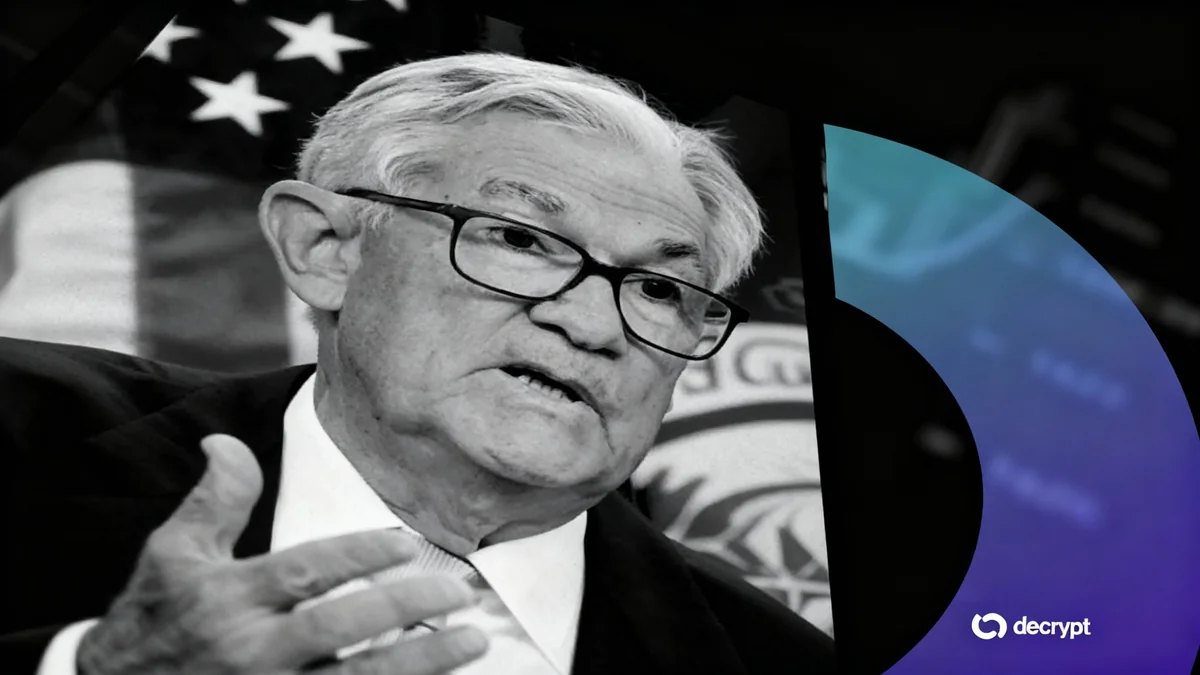The U.S. government is preparing a significant overhaul of its approach to digital assets, with coordinated actions from the Securities and Exchange Commission (SEC) and the White House. The new strategy includes a proposed "innovation exemption" to speed up product launches and a directive to consider allowing Bitcoin in 401(k) retirement plans, signaling a major policy shift.
SEC Chairman Paul Atkins announced the commission is developing a new framework to allow crypto firms to introduce services to the market more quickly. This initiative is part of a broader legislative push, with a comprehensive market structure bill expected by the end of the year, aiming to provide clear rules for the rapidly growing industry.
Key Takeaways
- The SEC plans to introduce an "innovation exemption" by December, allowing crypto firms to launch products before achieving full compliance.
- An executive order from President Trump directs regulators to explore adding alternative assets, including Bitcoin, to 401(k) retirement accounts.
- The White House is working on a comprehensive crypto market structure bill, expected by the end of the year, to clarify regulatory jurisdictions.
- These proposals have sparked a debate between promoting financial innovation and ensuring robust investor protection for approximately 90 million Americans with 401(k)s.
SEC to Introduce 'Innovation Exemption'
The U.S. Securities and Exchange Commission is set to introduce a new regulatory pathway for cryptocurrency companies. According to SEC Chairman Paul Atkins, the agency plans to roll out an "innovation exemption" by December.
This exemption would allow firms to deploy new services first and work toward full regulatory compliance later. Atkins explained the goal is to create a more stable platform for innovation within the digital asset market.
This move represents a significant shift in the SEC's oversight strategy. Since January, the regulator has established a dedicated crypto task force and has been drafting new rules to define how digital tokens and trading platforms are treated under existing securities laws.
A Shift in Regulatory Posture
The proposed exemption is part of a broader change in how U.S. regulators are approaching the digital asset industry. The administration has signaled a desire to foster growth and innovation, moving away from a primarily enforcement-led approach. This includes re-evaluating long-standing rules to accommodate new technologies like blockchain.
White House Coordinates Legislative Push
The regulatory changes are being coordinated with legislative efforts from the White House. Patrick Witt, the executive director of the White House Council of Advisors on Digital Assets, confirmed that a comprehensive market structure bill is expected by the end of the year.
Speaking at Korea Blockchain Week, Witt stated the legislation aims to provide much-needed clarity for the industry. A key objective is to establish a clear jurisdictional line between the SEC and the Commodity Futures Trading Commission (CFTC), which has been a major point of confusion for market participants.
The upcoming bill builds on previous bipartisan efforts. It follows the CLARITY Act, which passed in July, and the GENIUS Act, which established standards for stablecoins earlier in the year. Together, these pieces of legislation form a coordinated U.S. strategy for digital assets.
Bitcoin in 401(k)s Sparks Fierce Debate
One of the most significant proposals is the potential inclusion of Bitcoin in employer-sponsored retirement accounts. In August, President Trump signed an executive order directing regulators to revise rules for 401(k) plans.
The order instructs the SEC and the Department of Labor to consider allowing "alternative assets" in these plans. This category includes private equity, real estate, commodities, and digital assets like Bitcoin.
Arguments for Inclusion
Supporters, including House Financial Services Chair French Hill, argue that this change could benefit nearly 90 million Americans with 401(k) accounts. They believe it would broaden diversification and reduce over-reliance on traditional stocks and bonds.
Potential for Significant Inflows
Research from Deutsche Bank suggests that as institutional demand grows, Bitcoin's volatility could decrease. The bank's analysis concluded that Bitcoin and gold might coexist as reserve assets by the year 2030.
Proponents also highlight Bitcoin's potential as a hedge against inflation and market volatility. Representative Warren Davidson suggested that adding Bitcoin to retirement accounts could lead to greater long-term investment flows than even exchange-traded funds (ETFs), as contributions are often allocated automatically.
Investor Protection Concerns
However, the proposal has drawn sharp criticism from consumer advocates and some financial analysts. Critics warn that the risks associated with digital assets are substantial for retirement savers.
"Analysts have cautioned that fees, liquidity mismatches, and volatility could expose fiduciaries to lawsuits under the Employee Retirement Income Security Act (ERISA)."
Concerns have been raised that most individual savers lack the expertise to properly evaluate complex and volatile assets like Bitcoin. This raises significant investor protection issues, as fiduciaries responsible for managing 401(k) plans could face legal challenges if savers incur large losses.
A Crossroads for US Crypto Policy
The combination of the SEC's innovation exemption, the potential for Bitcoin in retirement plans, and the comprehensive market structure bill marks the most coordinated digital asset strategy from the U.S. government to date.
Proponents argue these measures will solidify the country's position as a leader in financial innovation and provide American investors with greater choice. They believe a clear regulatory framework will attract capital and talent.
Conversely, critics worry that the push for innovation may come at the expense of necessary safeguards. The primary concern is that relaxing rules too quickly could expose ordinary workers and retail investors to unacceptable levels of risk.
The SEC and the Department of Labor now have a 180-day deadline to update the relevant regulations following the executive order. The final shape of these rules will determine how regulators balance the competing goals of fostering innovation and protecting investors. Chairman Atkins is expected to provide more details on the SEC's plans in upcoming public appearances.





